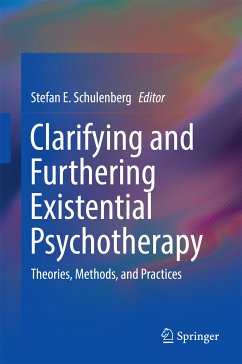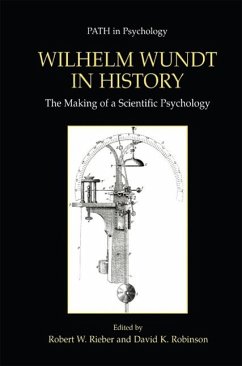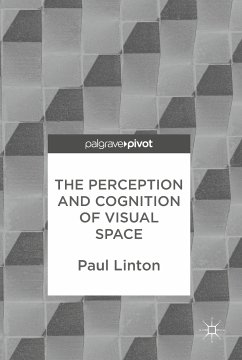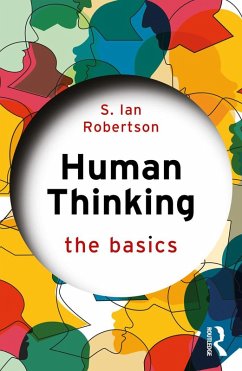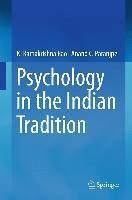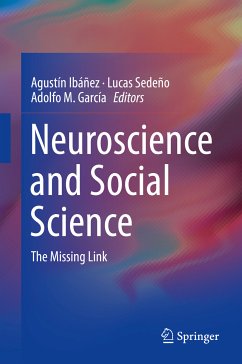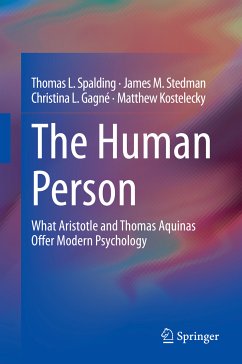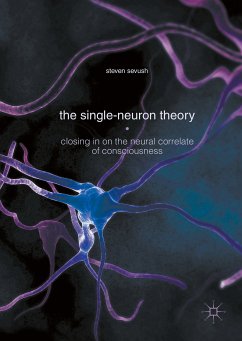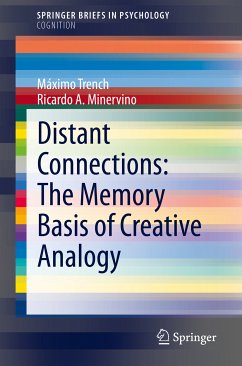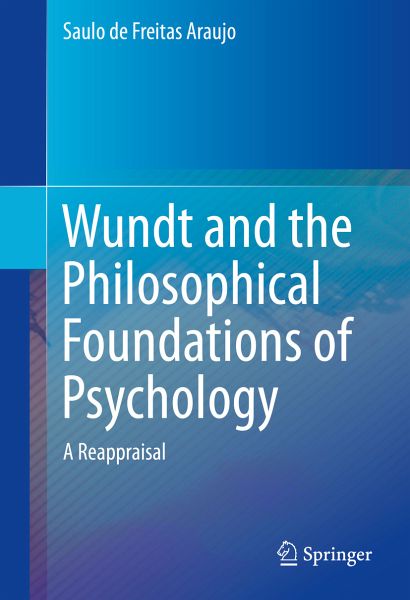
Wundt and the Philosophical Foundations of Psychology (eBook, PDF)
A Reappraisal
Versandkostenfrei!
Sofort per Download lieferbar
72,95 €
inkl. MwSt.
Weitere Ausgaben:

PAYBACK Punkte
36 °P sammeln!
This book reassesses the seminal work of Wilhelm Wundt by discussing the history and philosophy of psychology. It traces the pioneering theorist's intellectual development and the evolution of psychology throughout his career. The author draws on little-known sources to situate psychological concepts in Wundt's philosophical thought and address common myths and misconceptions relating to Wundt's ideas. The ideas presented in this book show why Wundt's work remains relevant in this era of ongoing mind/brain debate and interest continues in the links between psychology and philosophy.Featured to...
This book reassesses the seminal work of Wilhelm Wundt by discussing the history and philosophy of psychology. It traces the pioneering theorist's intellectual development and the evolution of psychology throughout his career. The author draws on little-known sources to situate psychological concepts in Wundt's philosophical thought and address common myths and misconceptions relating to Wundt's ideas. The ideas presented in this book show why Wundt's work remains relevant in this era of ongoing mind/brain debate and interest continues in the links between psychology and philosophy.
Featured topics include:
Wundt and the Philosophical Foundations of Psychology is a valuable resource for researchers, professors, and graduate students in cognitive and related psychology and philosophy disciplines.
Featured topics include:
- Theoretical and philosophical foundations of Wundt's early work in scientific psychology.
- Wundt's conception of scientific philosophy in relation to his theory of knowledge.
- The epistemological dimensions of Wundt's final project in scientific psychology.
Wundt and the Philosophical Foundations of Psychology is a valuable resource for researchers, professors, and graduate students in cognitive and related psychology and philosophy disciplines.
Dieser Download kann aus rechtlichen Gründen nur mit Rechnungsadresse in A, B, BG, CY, CZ, D, DK, EW, E, FIN, F, GR, HR, H, IRL, I, LT, L, LR, M, NL, PL, P, R, S, SLO, SK ausgeliefert werden.



